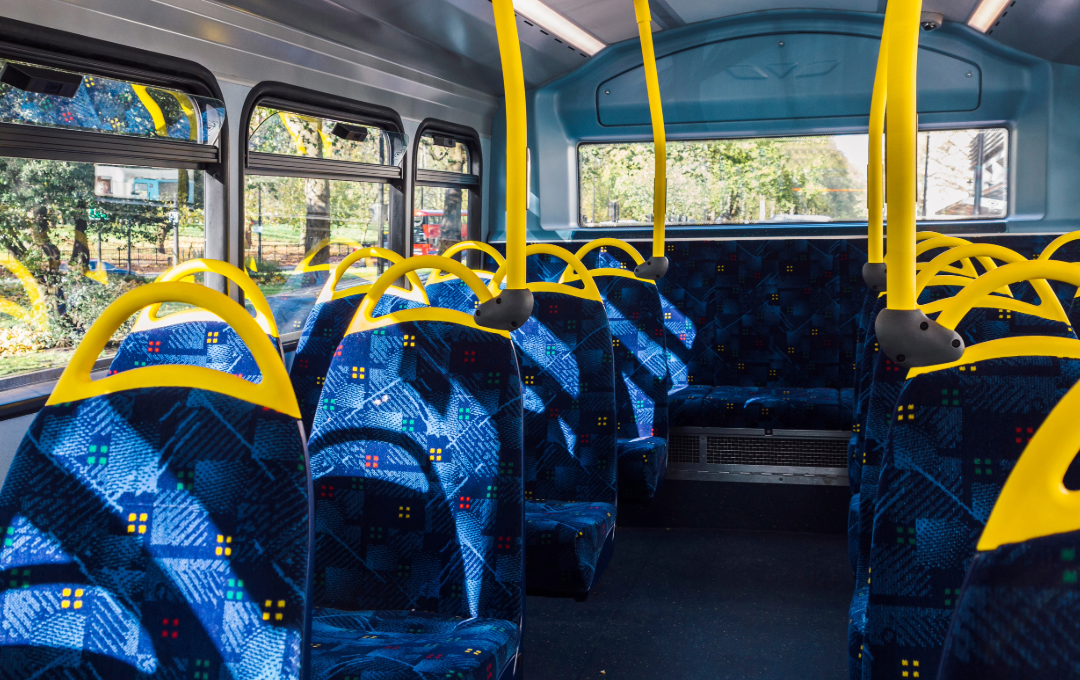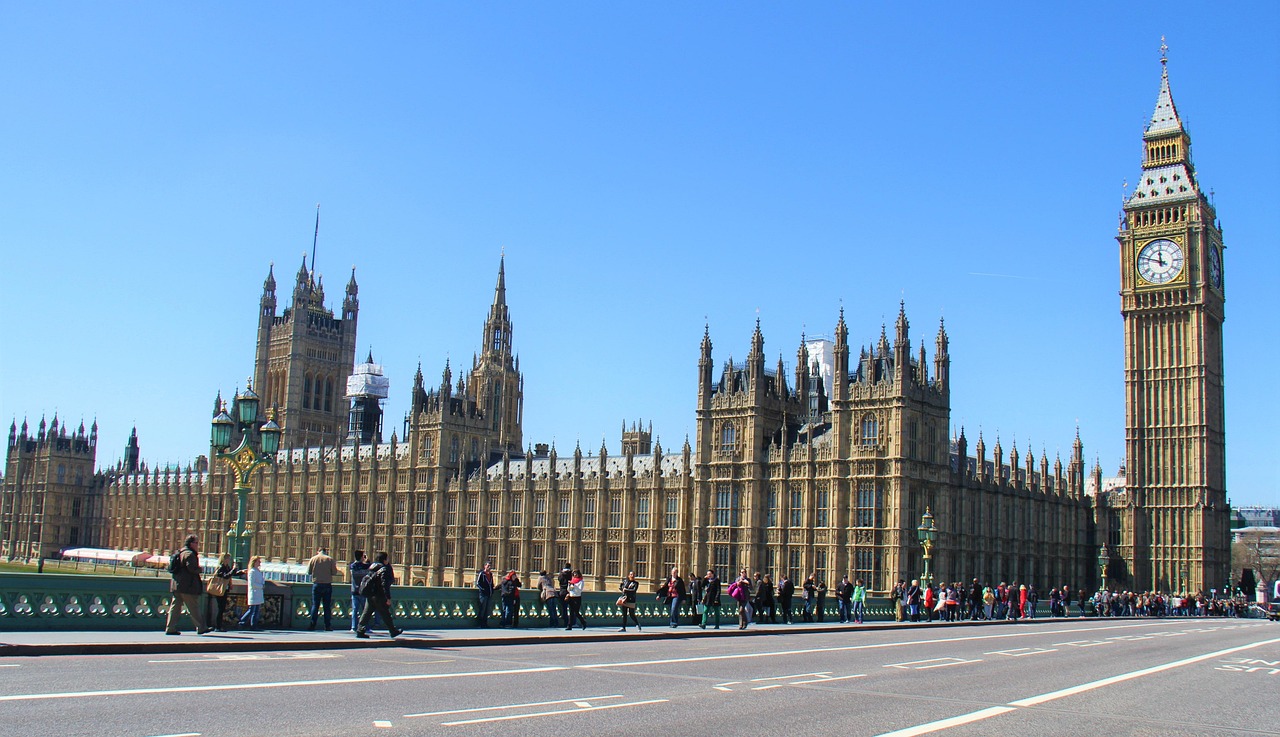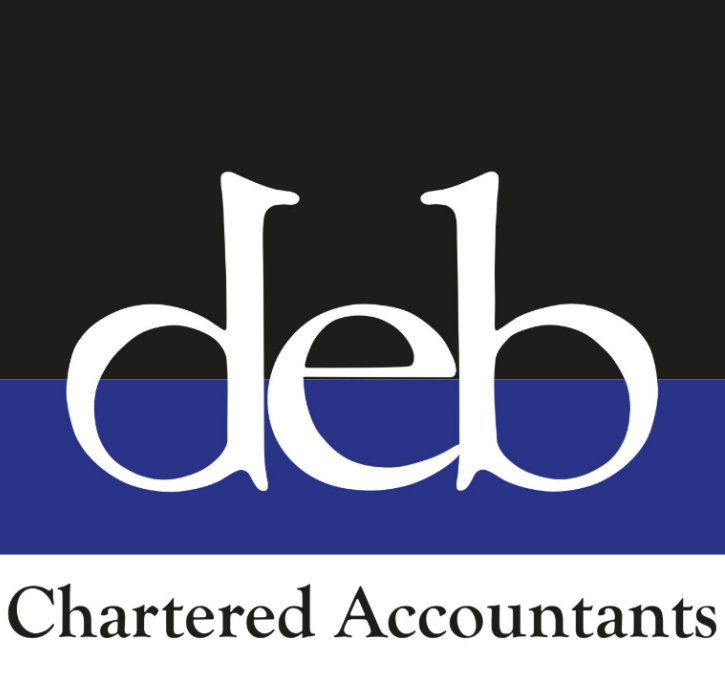
Two days before the Budget, the Prime Minister announced that the cap for single bus fares would be increased to £3 from its current £2.
The current fare cap is due to expire at the end of 2024. Without intervention, prices for some routes looked set to rise significantly. The new £3 cap will run until the end of 2025.
The cap means that no single bus fare on routes that are included in the scheme can exceed £3. Routes where the fare is less than £3 can only increase in line with inflation.
For workers that are reliant on bus fares, the new cap means an increase in their costs but at least continues to provide some relief.
See: https://www.gov.uk/government/news/over-1-billion-to-boost-bus-services-across-the-country-as-bus-fares-capped-at-3

From April, people drawing the state pension may see an increase of more than £500 a year, thanks to the government’s triple lock guarantee. The policy means the pension rises each year by whichever is higher: 2.5%, inflation, or average wage growth.

Small businesses looking to expand premises could soon find it easier following new government commitments to make business rates fairer. An interim report from the Treasury says that the Chancellor will examine ways to tackle “cliff edges” in the system - sudden jumps in rates that can discourage investment.
